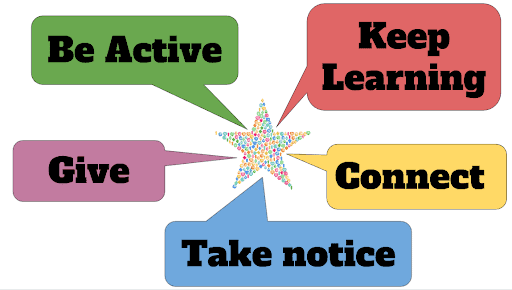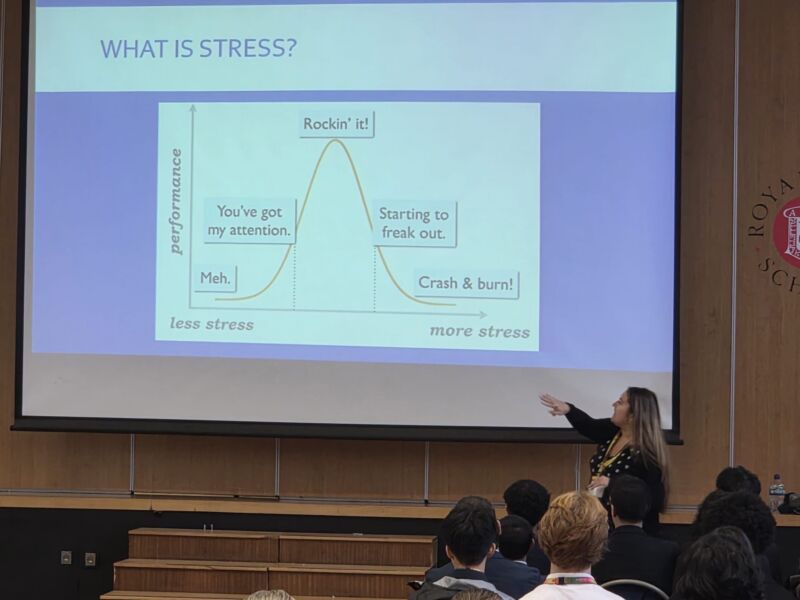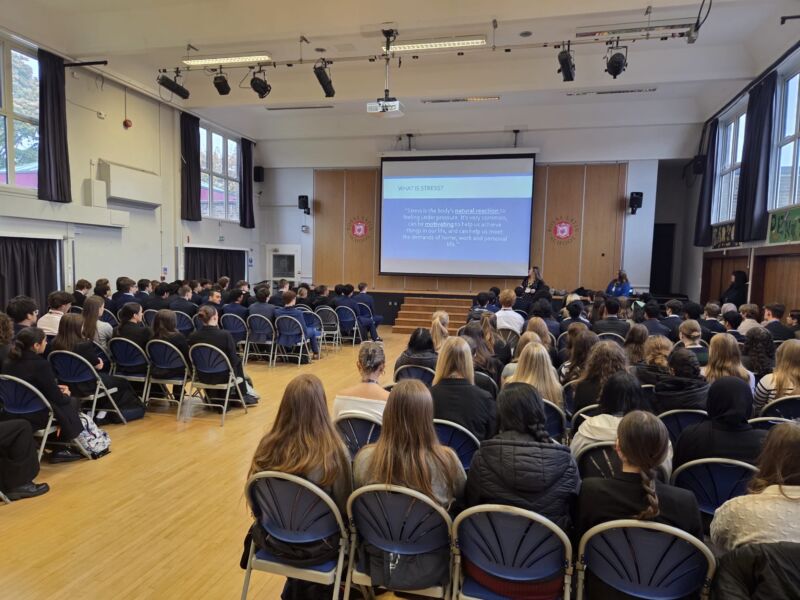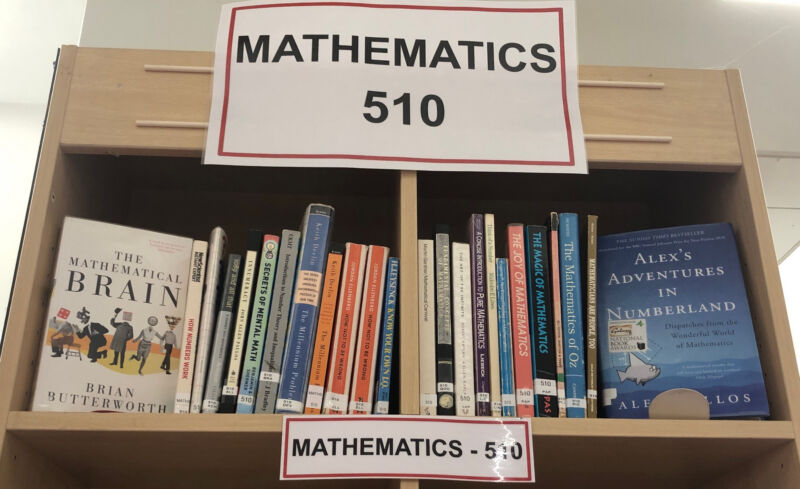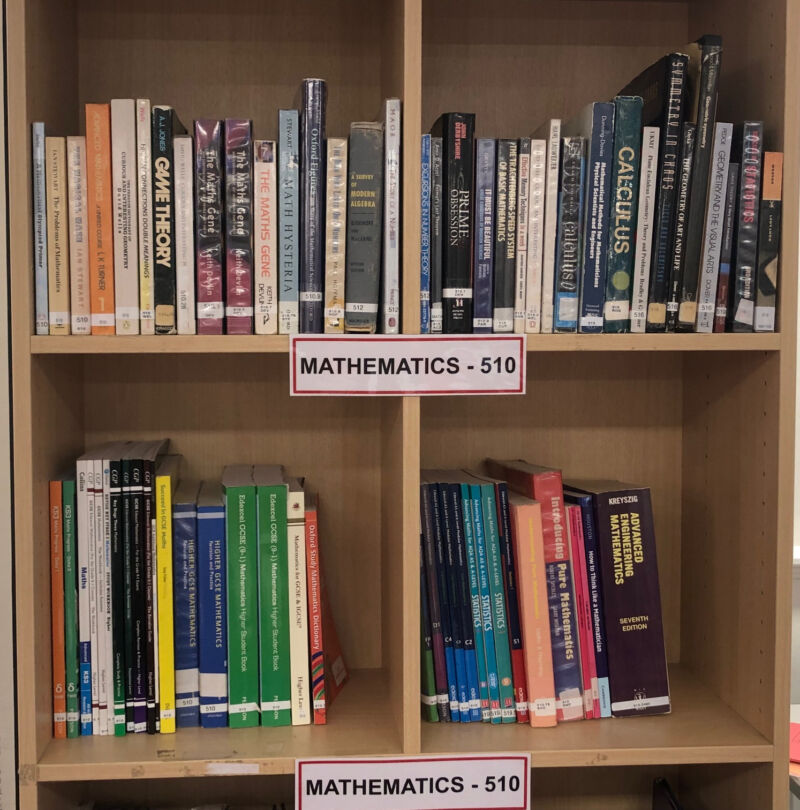The health and wellbeing of students and staff is of key importance to the school; ‘Nurturing’ forms one of the cornerstones of our Latin Learning philosophy. Because of this, we try and make sure that staff model to students healthy attitudes about their own wellbeing, and in tutor time and PSHE lessons time is given to educating students about ways in which to foster a healthy lifestyle both emotionally and physically.
Our full-time school Health Advisor, Ms Shann, is available to support students with First aid or illness during the school day, and we have a large number of staff trained in first-aid in case of emergency. We also have a counselling team in school who support our students along with the pastoral team. Details of the school student support structure can be found here.
We follow the NHS and MIND advice about the five key paths to wellbeing, and try to make sure that these are emphasised to students as follows:
1. Connect with other people
Good relationships are important for wellbeing. They help create a sense of belonging and self-worth, give an opportunity to share positive experiences, and offer emotional support if you have bad experiences.
In school, we try to support this route to wellbeing through:
- Our strong alumni network, which helps our students to feel connected to the wider community of the Latin, past and present
- Encouraging students to socialise together in break and lunchtimes, and giving dedicated spaces (as for example in the library) for clubs and get-togethers. See here for a full list of clubs currently being run in school
- Fostering connections with students in other years through our House system, with competitions and events linked to this
- Our Peer listening programme, where selected and trained sixth-form students connect with a tutor group so as to provide support to younger students
- Peer mentoring where older students coach and support students in different subjects
- Appointing sixth-form ‘wellbeing ambassadors’ who act as a conduit for younger students to access wellbeing support
- Educating children about the issues connected with cyber-bullying and safe interactions on the internet, so that they are able to form healthy and positive connections through social media
- Offering a confidential counselling service through our team of five counsellors
- Holding student balls and proms and celebration events.
2. Be physically active
Being active is not only good for physical health and fitness. Evidence also shows it can also improve mental wellbeing by raising self-esteem, helping you to set goals or challenges and achieve them, and causing chemical changes in your brain which can help to positively change your mood
In school, we try to support this route to wellbeing through:
- Working with students to encourage them to take advantage of a range of different sports and activities in PE. All students, right up to sixth form, are encouraged to do PE and experiment with different forms of exercise, including dance
- Using our new state-or-the-art pitch and fitness centre. Students and staff are also able to access the fitness centre after hours for subsidised rates
- Offering electives each week that encourage physical activity, such as running elective, Yoga, or the Duke of Edinburgh Award elective, where students are trained for an expedition
- Holding House Sports competitions to encourage all students to participate
- Taking advantage of our beautiful outside spaces for students during break and lunchtimes, so that they can play on the sports fields or tennis courts
- Encouraging students to cycle or walk to school wherever possible
- Encouraging students to join after-school clubs and teams that encourage exercise. See here for a full list of clubs currently being run in school
3. Keep learning new skills
Research shows that learning new skills can improve your mental wellbeing by boosting self-confidence and raising self-esteem, helping you to build a sense of purpose, and helping you to connect with others.
In school, we try to support this route to wellbeing through:
- Our broad and balanced curriculum, which encourages a wide range of core subjects and offers a lot of choice at GCSE and A level. See our Curriculum overview for 2025-26 to get a sense of the breadth of our current offer
- Our focus on Latin Learning, which emphasises the wide range of skills and knowledge that are important for wellbeing. Latin Learning tries to ensure that students have a healthy balance in their learning, and are aware of the ways in which they can become lifelong learners
- A wide enrichment programme, which encourages students to try out a wide range of activities and so stretch and challenge themselves. For details of our enrichment programme, click here
- Our electives programme, which encourages all students to try out new activities on a rolling programme. In Year 7, students learn a range of different skills, and in older years they have an even wider choice of what to do. See our 2024-25 electives programme for details of the latest offerings
- Supporting a range of clubs and activities, some of which are student-led. See here for a full list of clubs currently being run in school
- Constantly revising and rethinking our curriculum and how we teach it. For example our revised PSHE programme has benefited from student input and consultation, and new texts have been trialled in English in response to student panels
4. Giving to others
Research suggests that acts of giving and kindness can help improve your mental wellbeing by creating positive feelings and a sense of reward, giving you a feeling of purpose and self-worth, and helping you connect with other people. These can be small acts of kindness towards other people, or larger ones like volunteering in your local community.
In school, we try to support this route to wellbeing through:
- Fostering courtesy and respect as an important part of school culture
- Encouraging volunteering activities throughout the school, especially in sixth form and through the Duke of Edinburgh programme
- Working with charities on fund-raising and volunteering activities which allow our students to support others, for example food and hygiene bank collections
- Our Peer listening programme, where selected and trained sixth-form students connect with a tutor group so as to provide support to younger students
- Peer mentoring where older students coach and support students in different subjects
- School council, where students across the school meet together to discuss key issues and have a real impact on school policy
- Regular ‘Mufti days’ where students are allowed to wear their own clothes instead of uniform and give money to charity. These days are often themed and linked to specific charities that students propose
- Student-led charity events such as cake sales or christmas fairs
- The ‘Stocklake Park’ project, where every year our students buy Christmas gifts for children at Stocklake Park School, and deliver them to the school. A student dresses up as Santa Claus, and musical entertainment is also provided!
5. Take notice of the present moment (mindfulness)
Paying more attention to the present moment can improve your mental wellbeing. This includes your thoughts and feelings, your body and the world around you. Some people call this awareness “mindfulness”. Mindfulness can help you enjoy life more and understand yourself better. It can positively change the way you feel about life and how you approach challenges.
In school, we try to support this route to wellbeing through:
- Introducing every child in school to the idea of mindfulness through the year 7 elective programme
- Ensuring that the electives offered in years 8-12 include those such as Art and Music and Drama and Yoga that encourage reflection and mindfulness
- Fostering the idea of mindfulness in assembly and tutorial teaching
- Creating quiet spaces where students can take time out in break and lunchtimes
- Offering student support in the form of a dedicated room where they can go for help in break and lunchtime
- Providing a prayer space for students
- Encouraging students to take notice of each other, and give each other space and time
- Using metacognitive strategies in teaching and learning


